Just In
- 1 hr ago

- 2 hrs ago

- 2 hrs ago

- 3 hrs ago

Don't Miss
- News
 Odisha Elections 2024: BJD And BJP Clash Over Lungi Video
Odisha Elections 2024: BJD And BJP Clash Over Lungi Video - Finance
 Rekha Jhunjhunwala Portfolio Stock Jubilant Ingrevia Hits Record High; More Upside Ahead?
Rekha Jhunjhunwala Portfolio Stock Jubilant Ingrevia Hits Record High; More Upside Ahead? - Sports
 DC vs GT IPL 2024: Arun Jaitley Stadium Stadium Pitch Report, Delhi Weather Forecast & Live Streaming Info
DC vs GT IPL 2024: Arun Jaitley Stadium Stadium Pitch Report, Delhi Weather Forecast & Live Streaming Info - Education
 JEE Mains Result 2024 to be OUT Soon: How and Where to Check the Result
JEE Mains Result 2024 to be OUT Soon: How and Where to Check the Result - Movies
 Rathnam Advance Booking Update: Vishal And Hari's Romantic Action Film Faces Slow Start
Rathnam Advance Booking Update: Vishal And Hari's Romantic Action Film Faces Slow Start - Technology
 COLORFUL EVOL P15 Series Gaming Laptops Launched in India: Check Price, Specifications
COLORFUL EVOL P15 Series Gaming Laptops Launched in India: Check Price, Specifications - Automobiles
 Mahindra Bolero Neo Achieves 1-Star Safety Rating At Global NCAP – Automaker Responds
Mahindra Bolero Neo Achieves 1-Star Safety Rating At Global NCAP – Automaker Responds - Travel
 Fly in Luxury: 10 Ways to Get Free Flight Upgrades
Fly in Luxury: 10 Ways to Get Free Flight Upgrades
8 Most Important Nutrients For Good Health
Eating food is more about providing some essential nutrients for health. Without a nutrient-rich diet, your body can't maintain immunity, combat diseases or age gracefully.
How Long Does It Take To Burn Calories
Also, your energy levels and the quality of your blood depends upon how healthy you are. So, eating tasty food is secondary but providing certain nutrients for health is primary.
Also, when you know more about the necessary nutrients and the daily recommended levels of them, it would be easier for you to maintain the right balance in your consumption of calories which in turn helps you to maintain healthy weight.
8 Medicinal Foods That Heal Your Body
So, what nutrients are important for good health? Magnesium, Zinc, iron, protein, calcium, Vitamins and Iodine are some of the essential nutrients. Let us discover why they are important and how to consume them through foods.
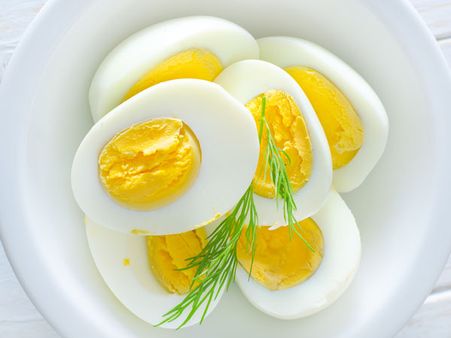
Protein
On a daily basis, men must get at least 55 grams and women must consume at least 45 grams of protein but did we ever take such recommendations seriously? Well, it isn't really difficult to meet those needs as some of the easily available protein sources include peas, lentils, legumes and beans. Other sources are milk, yogurt and eggs. As protein is the building block, it should be considered as one of the most important nutrients that your body requires.
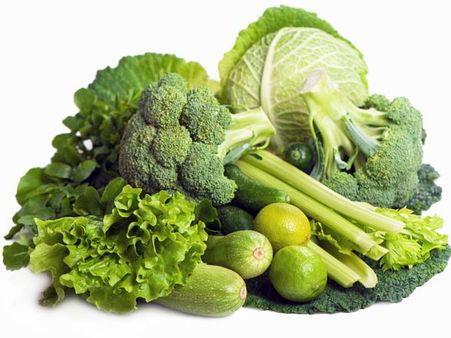
Iron
Iron can never be taken easily as lack of it may even lead to anemia. Your body needs enough iron to produce red blood cells. Women who menstruate must consume more of iron. Low energy levels, headaches, dull skin, brittle nails and even hair loss may sometimes indicate lack of enough iron in your body. To enhance the quality of your blood, you need to consume enough of iron; eat leafy greens regularly.
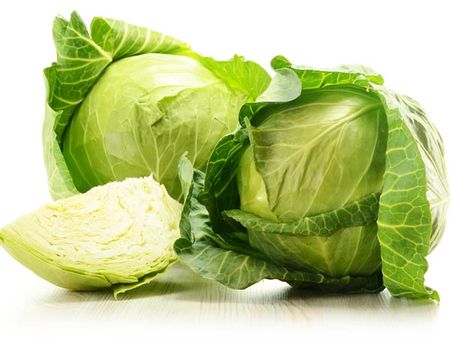
Zinc
Your body needs the mineral zinc to maintain healthy immunity, secretion of enzymes, to create DNA and also in the functioning of neurotransmitters. When you lack enough of this mineral diarrhea, hair loss, impotence and lack of appetite may occur. Consuming spinach, cabbage, kale cashews, almonds, peas and dried fruits may provide enough of zinc.
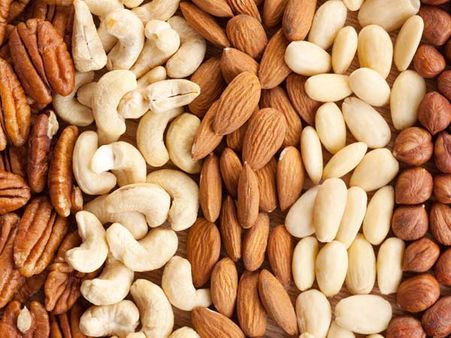
Magnesium
Magnesium is a mineral which plays a lot of roles in your body; it is required to maintain your bones healthy, it minimises your cancer risk and also influences the absorption of the mineral Calcium. You can get this mineral from grains, nuts and milk too.
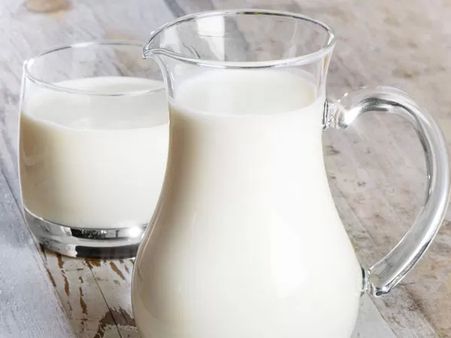
Calcium
All of us know that Calcium is required to make bones strong because we have studied a lot about that in school. But seldom do we care much about our daily recommended levels of intake and that is why the cases related to osteoporosis are increasing nowadays. Well, milk, yogurt, cabbage and kale may save you if you consume them regularly.

Iodine
Your body requires Iodine too to synthesise hormones. Iodine deficiency could be very dangerous especially for kids. Thyroid function may get impaired if you lack adequate iodine levels in your body. Eggs and sea food can provide you Iodine.
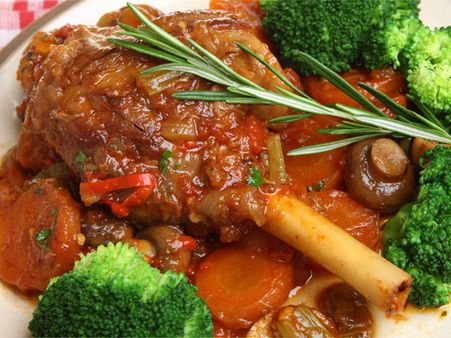
Vitamin B12
Your nervous system needs this Vitamin. Also, it is useful in the the production of red blood cells. Pale complexion, fatigue and breathlessness may result if your body lacks enough of this vitamin. Eggs and meat are good sources.
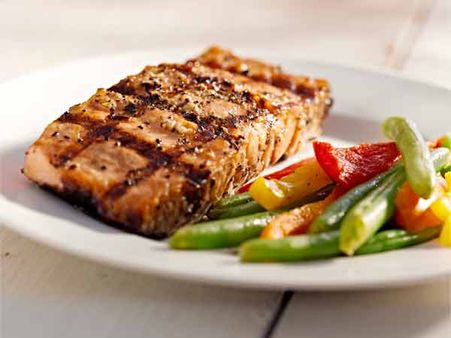
Omega 3 Fatty Acids
Omega 3 fatty acids can enhance health and longevity and we also know that we can get this nutrient from fish. Olive oil, seasame oil and clarified butter are also some sources. When your body suffers deficiency, you may undergo depression and mood swings.
Buy Best Health Insurance Plans
-
 healthBelgian Man Cleared Of Drunk Driving Because His Body Produces Alcohol Due To A Rare Condition
healthBelgian Man Cleared Of Drunk Driving Because His Body Produces Alcohol Due To A Rare Condition -
 healthWhy You Should Soak Mangoes In Water Before Consuming Them, This Small Step Comes With Big Rewards!
healthWhy You Should Soak Mangoes In Water Before Consuming Them, This Small Step Comes With Big Rewards! -
 healthAdd These 18 Foods To Your Daily Diet To Increase Your Sperm Count And Boost Male Fertility
healthAdd These 18 Foods To Your Daily Diet To Increase Your Sperm Count And Boost Male Fertility -
 healthWhat Your Tongue Reveals About Your Health: Wellness And Warning Signs You Need To Know
healthWhat Your Tongue Reveals About Your Health: Wellness And Warning Signs You Need To Know -
 healthHow Can You Protect Yourself From Extreme Heat? Dos And Don’ts To Follow
healthHow Can You Protect Yourself From Extreme Heat? Dos And Don’ts To Follow -
 healthRussian Influencer Starves His Newborn To Death With Sunlight Diet, Know Dos And Don’ts Of This Diet
healthRussian Influencer Starves His Newborn To Death With Sunlight Diet, Know Dos And Don’ts Of This Diet -
 healthExclusive: Expert Shares Impact of Heat Waves on Infectious Disease Transmission
healthExclusive: Expert Shares Impact of Heat Waves on Infectious Disease Transmission -
 healthExclusive: Doctor Shares Why Women Should Prioritize Health, Key Resolutions For Well-being And Vitality
healthExclusive: Doctor Shares Why Women Should Prioritize Health, Key Resolutions For Well-being And Vitality -
 healthEverything You Need To Know About Deadly H5N1 Virus That Can Be 100 Times Worse That COVID-19 Pandemic
healthEverything You Need To Know About Deadly H5N1 Virus That Can Be 100 Times Worse That COVID-19 Pandemic -
 astrologyWorld Health Day 2024: Holistic Health Tips For 12 Zodiac Signs As Per Astrology
astrologyWorld Health Day 2024: Holistic Health Tips For 12 Zodiac Signs As Per Astrology -
 healthInstagram Claims Grapes Are Contaminated With Pesticides, Methods To Clean It Properly Before Consuming Them
healthInstagram Claims Grapes Are Contaminated With Pesticides, Methods To Clean It Properly Before Consuming Them -
 healthDutch Woman Opts For Euthanasia In May Not Due To Physical Illness, Know How To Build Mental Resiliance
healthDutch Woman Opts For Euthanasia In May Not Due To Physical Illness, Know How To Build Mental Resiliance


 Click it and Unblock the Notifications
Click it and Unblock the Notifications



